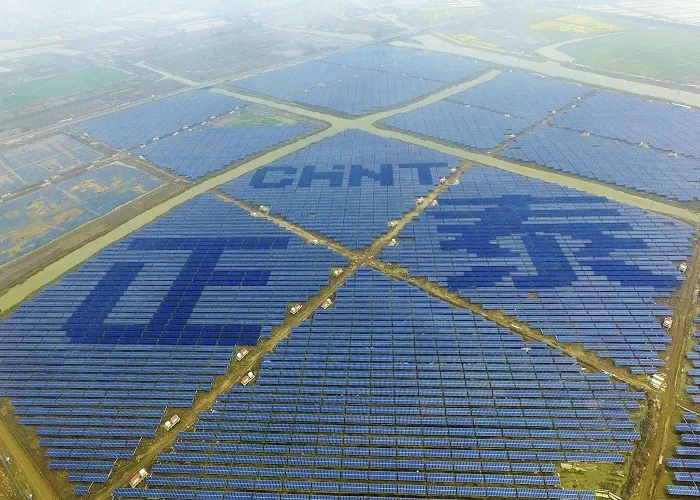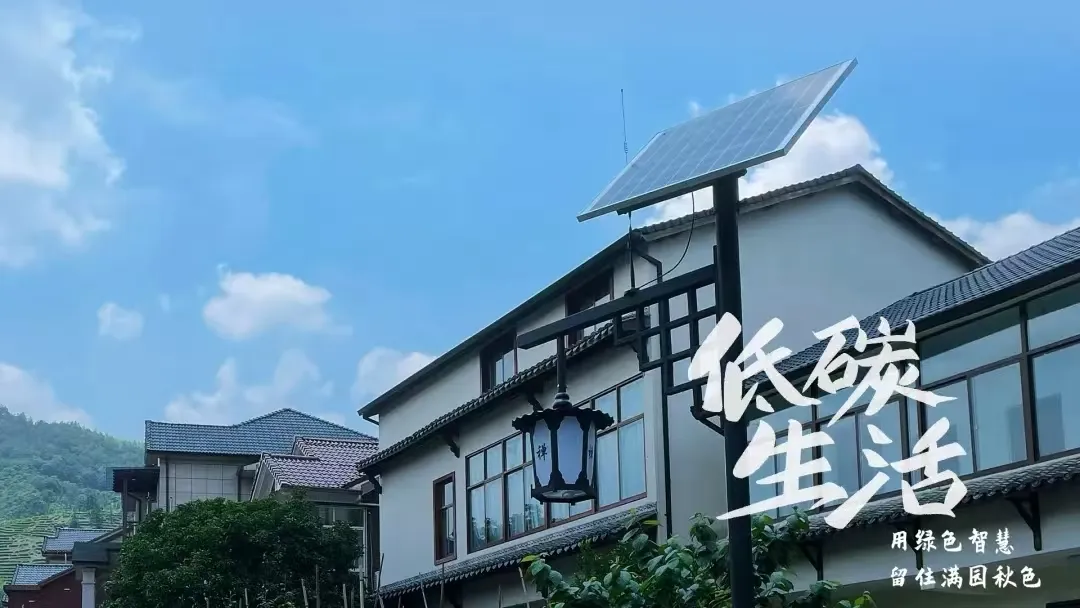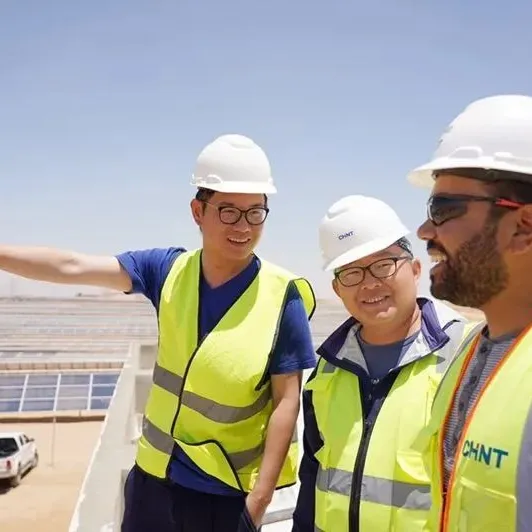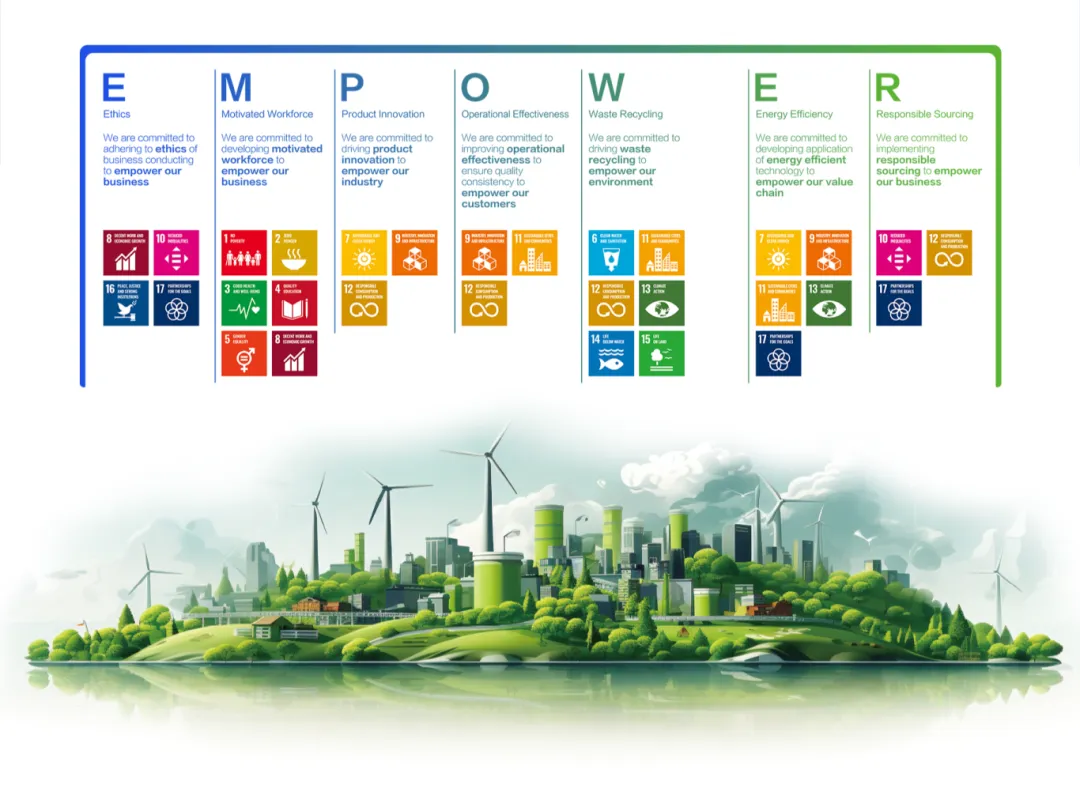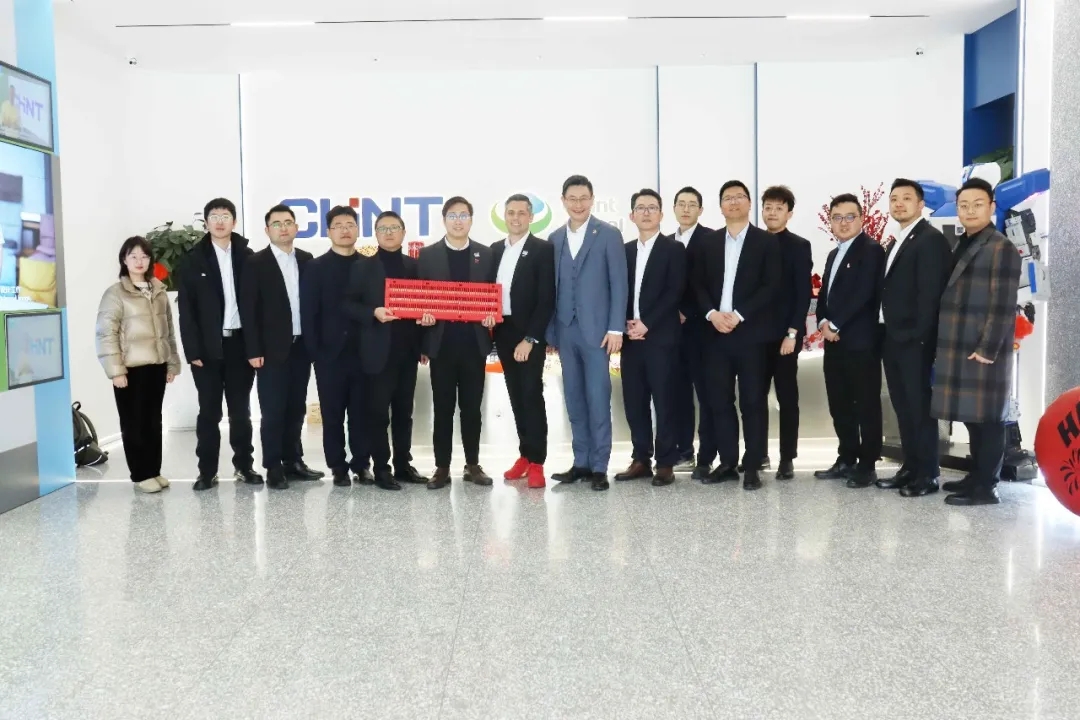As the world grapples with resource constraints, environmental pollution, and climate change, the global energy industry is undergoing a profound transformation. In this context, ESG (Environment, Social, and Governance) principles have become integral to sustainable business strategies. CHINT, a leading global provider of smart energy solutions, is actively responding to the call for a zero-carbon revolution.
01 A Strategic Commitment to Sustainability
CHINT has embedded ESG into its core business strategy, unveiling the 2030 Sustainable Development Strategy. This initiative reinforces its long-term commitment to resilience and differentiation in the energy sector. Central to this strategy is the dual approach of electrification and clean energy substitution, which together are expected to contribute up to 80% of the emissions reduction needed for carbon neutrality.
For years, CHINT has driven industrial innovation by integrating green energy, intelligent electrical solutions, and low-carbon technology. With an expansive global presence, CHINT continuously refines its roadmap for zero-carbon transformation, ensuring alignment with cutting-edge digitalization and sustainability trends.
02 Accelerating the Clean Energy Transition
China now boasts the world’s largest solar manufacturing base and one of the most significant photovoltaic (PV) markets. Since entering the renewable energy industry in 2006, CHINT has established itself as a key player in solar energy. It has built nearly 800 solar power stations worldwide, providing governments, businesses, and households with one-stop clean energy solutions. CHINT’s cumulative global PV shipments have exceeded 100GW, and its operations and maintenance capacity has surpassed 50GW.
One of its standout initiatives is the residential rooftop solar business, which optimizes household energy use while fostering rural economic growth. By empowering farmers to become green energy producers and users, this initiative increases household income by $140–$420 per year and has created nearly 200,000 rural jobs, significantly contributing to rural revitalization and low-carbon development.
03 Global Expansion & Local Integration
CHINT is accelerating its localized global expansion, leveraging its expertise in smart electrical systems and solar energy. By establishing localized supply chains and industrial partnerships, CHINT not only promotes green energy adoption but also drives industrial upgrading and economic growth in host countries. Notable projects include the 165MW Benban Solar Park in Egypt, exemplifying CHINT’s commitment to international clean energy cooperation.
04 Innovation in Hydrogen & Smart Microgrids
Beyond solar energy, CHINT is investing in next-generation energy solutions, including hydrogen power and microgrid technologies. Through Shanghai CHINT Hydrogen Energy Technology Company, a joint venture between CHINT and the TOP fuel cell sector, CHINT is building an integrated hydrogen ecosystem. This includes repurposing hydrogen byproducts from chemical plants and deploying MW-scale hydrogen power generation systems, which reduce industrial power dependence while cutting emissions.
CHINT is also at the forefront of smart microgrid development, enhancing energy efficiency and grid stability. CHINT (Yueqing) Industrial Park integrates solar power, energy storage, and intelligent distribution, reducing annual CO2 emissions by 540 tons and saving over $140,000 in electricity costs annually.
05 ESG as a Catalyst for Industry-Wide Transformation
CHINT’s ESG leadership extends beyond its own operations to its entire supply chain. By integrating sustainability into procurement, offering supplier training, and facilitating carbon neutrality certification, CHINT is driving a systemic green transformation across industries. This approach ensures that its partners are equally committed to ESG goals, fostering a collective impact on global sustainability.
06 Looking Ahead: A Vision for 2030
With the UN Sustainable Development Goals facing challenges and the Paris Agreement’s temperature targets under pressure, corporate ESG initiatives are more crucial than ever. As Chairman Nan Cunhui states in CHINT’s 2030 Strategy: “CHINT is committed to being an explorer, advocate, and practitioner of green low-carbon development.” The company is set to deepen its ESG footprint, further embedding sustainability into its business model while expanding its influence in the global energy transition.
CHINT’s journey exemplifies how enterprises can lead the charge toward a more sustainable future, proving that green growth and business success can go hand in hand. Through continued innovation, global collaboration, and an unwavering commitment to ESG principles, CHINT is shaping a resilient and sustainable energy landscape for the decades ahead.





